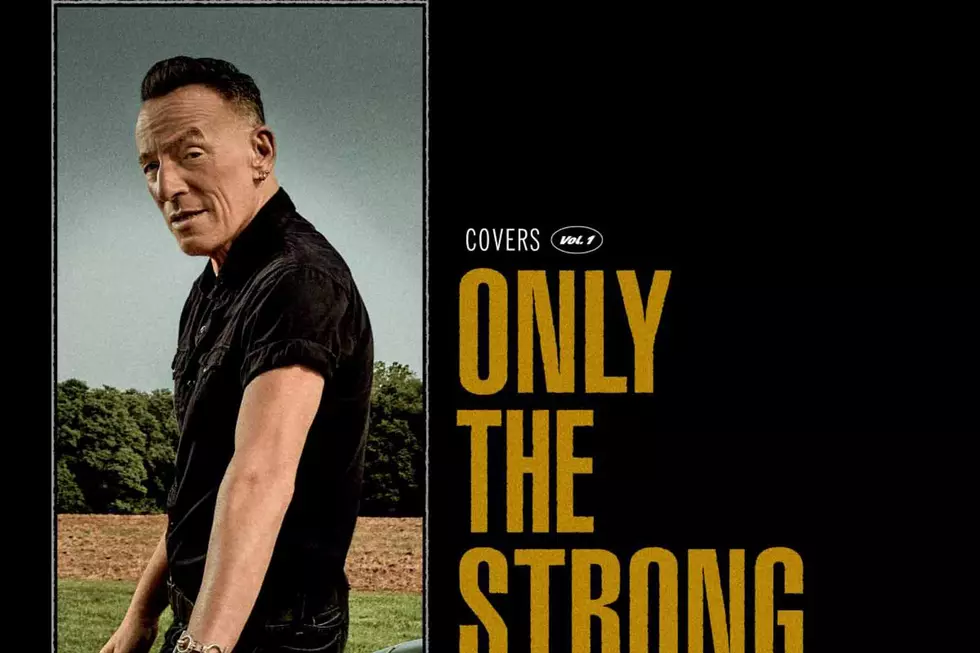
Bruce Springsteen, ‘Only the Strong Survive': Album Review
Bruce Springsteen's long history with other artists' material stretches back to his pre-fame bar-band days through his 2006 album We Shall Overcome: The Seeger Sessions. And while resorting to a covers album is typically one step before "rerecording your old songs" in the career-downturn cycle (unless you're Taylor Swift), Springsteen's commitment to others' songs has always superseded the last-try commercial grasps associated with such records.
It also helps that Springsteen thinks as a conceptual artist. We Shall Overcome consisted mostly of traditional songs that reached the public domain decades ago. Only the Strong Survive, the follow-up to 2020's Letter to You, includes tracks of more recent vintage: R&B and soul songs from the '60s and '70s, along with an '80s pair and a 2000 Dobie Gray obscurity written by Jonnie Barnett, "Soul Days."
It's that thematic tie that holds together Only the Strong Survive, even when so many of the songs face the insurmountable hurdles laid down by the original versions. Springsteen digs until he finds the core of the numbers rather than merely traveling down a familiar cover-song path, so his take on Diana Ross & the Supremes' "Someday We'll Be Together" forgoes the call-and-response vocal heard on the 1969 No. 1, and "7 Rooms of Gloom" (another Motown hit, by Four Tops) lacks the original's desperation and intensity.
Still, his templates follow, for the most part, the old songs Springsteen and listeners are most familiar with. They can't help but to. The title track retains the spoken-word intro and interludes heard in Jerry Butler's 1969 hit; "The Sun Ain't Gonna Shine Anymore" is all ersatz Phil Spector-sized grandeur; and there's no escaping the inherent sentimental sweep at the center of "What Becomes of the Brokenhearted." It's difficult to shake the nostalgia undercurrent from a project like this, and Springsteen tackles it head-on and early in a pair of back-to-back, name-dropping songs about soul music's storied past: "Soul Days" (with a vocal assist from Sam & Dave's Sam Moore) and Commodores' "Nightshift."
But Only the Strong Survive works best when Springsteen dusts relics from the corners like "Do I Love You (Indeed I Do)," a 1965 Motown rarity by Frank Wilson, and another Butler song, the strings-sweetened "Hey, Western Union Man." Nothing here will replace the originals – Springsteen is a capable soul singer, yet still struggles to reach David Ruffin's emotional peaks in the Temptations' "I Wish It Would Rain" – but as a side trip in a career that's never pulled away from its influences, Only the Strong Survive serves as a devoted love letter to the past that helped shape him.





